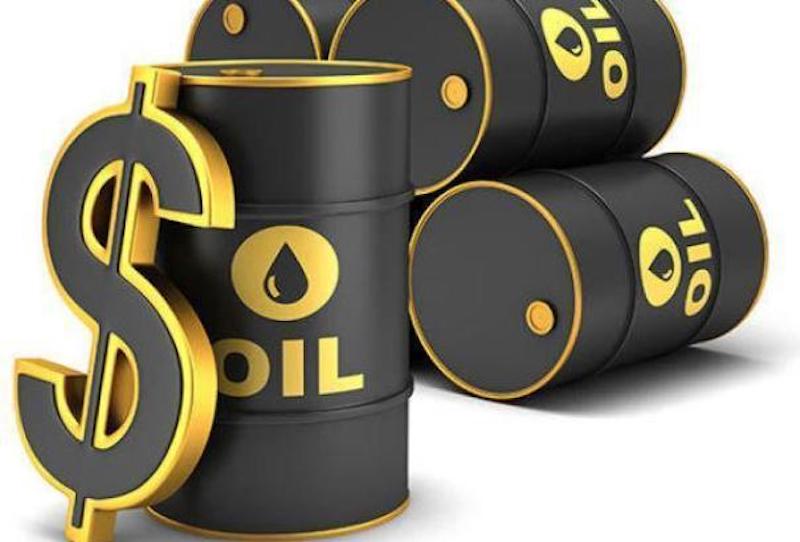Oil fell 2% on Monday, weighed down by expected interest rate hikes by major central banks, which weighed on demand.
Brent futures fell $1.76, or 2.03%, to settle at $84.90 per barrel, while US crude fell $1.78, or 2.23 percent, to trade at $77.90 per barrel.
Prices fell on expectations that the US Federal Reserve would raise rates by 25 basis points on Wednesday, while the Bank of England and the European Central Bank (ECB) raised rates by half a point.
The rate hike expected at the Federal Open Market Committee’s meeting on January 31-February 1 would raise the policy rate to 4.5 percent-4.75%.
This is two quarter-point rate increases short of the level most Fed policymakers thought would be sufficiently restrictive to keep inflation under control in December.
The market was also put under pressure by signs of abundant Russian supply, despite a European Union ban and a G7 price cap imposed in response to Russia’s invasion of Ukraine.
Aside from the central bank meetings, a meeting of key ministers from the Organization of Petroleum Exporting Countries (OPEC) and allies, OPEC+, led by Russia, will take place on Wednesday.
According to Reuters, the OPEC+ panel meeting is unlikely to change output policy.
Prices rose earlier on Monday as a result of Middle East tensions following an Iranian drone attack and expectations for increased Chinese demand.
The overnight drone attack on an Iranian military factory was allegedly carried out by Israel.
Iran claimed to have intercepted drones that had hit a military industry target near the central city of Isfahan, claiming no casualties or serious damage.
Israel has long stated that if diplomacy fails to halt Iran’s nuclear or missile programs, it will strike Iranian targets.
The attack came amid tensions between Iran and the West over the former’s nuclear activities and arms supply, including its involvement in Russia’s war in Ukraine, as well as months of domestic anti-government protests.
The prospect of increased Chinese demand has boosted oil prices in 2023. Over the weekend, the world’s largest crude importer pledged to promote a consumption recovery that would support demand.
Traders were also concerned about a disruption in oil production and transportation in Texas after the state oil regulator advised pipeline operators to secure equipment and facilities due to severe weather forecasts over the next several days.











